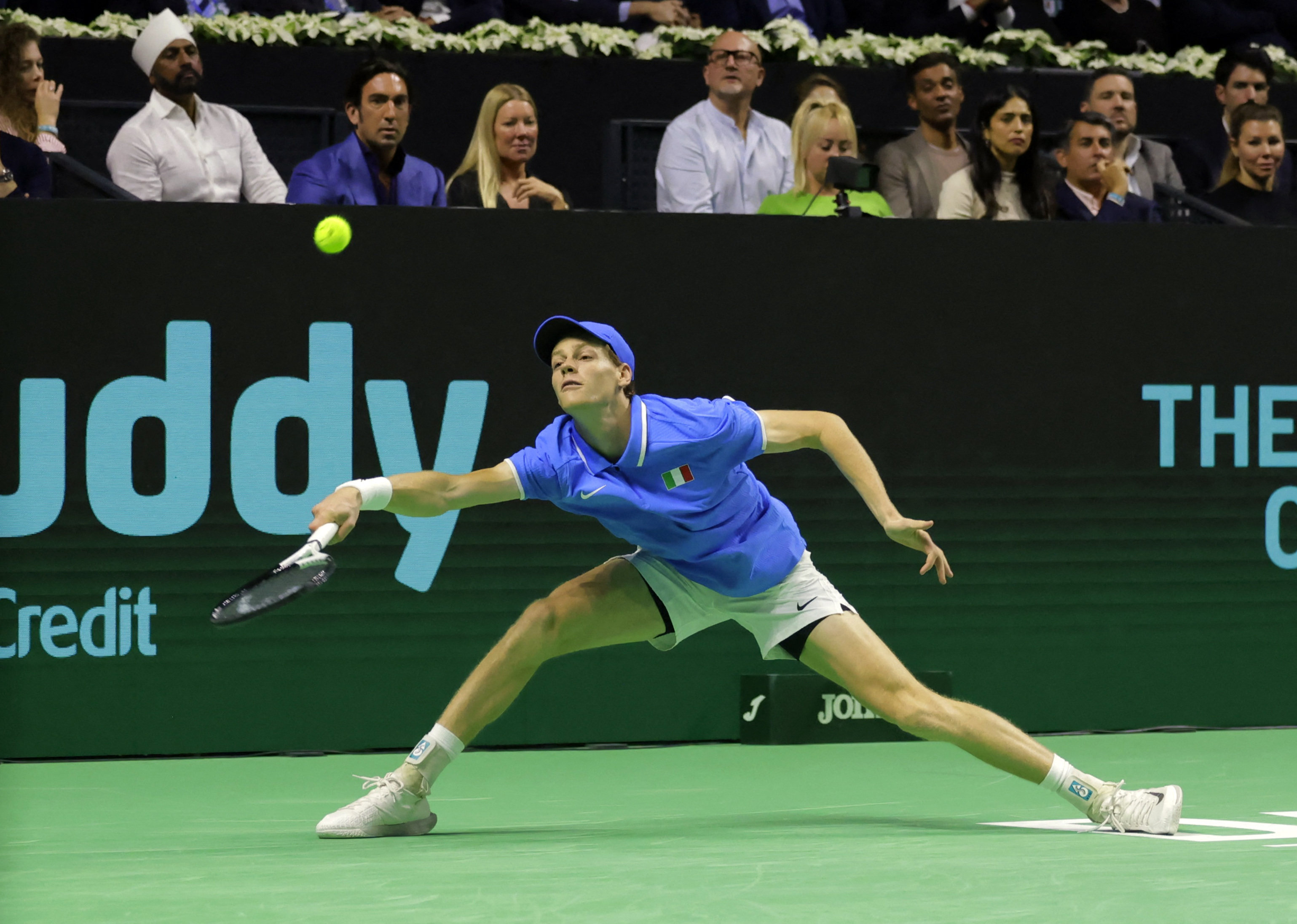Index Surge: Amplifying Your Insights
Stay updated with the latest trends and news across various industries.
Crazy Tennis Myths Busted!
Discover the wildest tennis myths and uncover the truth behind the game! Get ready for some surprising revelations that will change your perspective!
Top 5 Crazy Tennis Myths You Still Believe
Tennis is a sport filled with passion and excitement, but it also has its fair share of myths that continue to confuse fans and players alike. One common belief is that tennis players need to be tall to succeed at the sport. In reality, while height can provide an advantage for certain shots like serving, many successful players, such as David Ferrer and Michael Chang, have proven that skill, agility, and strategy often outweigh height in achieving success on the court.
Another prevalent myth is that playing tennis will ruin your knees due to the high-impact nature of the game. While it’s true that any physical activity can lead to injuries if not done properly, with the right techniques and precautions, including proper warm-ups and using appropriate footwear, players can engage in the sport safely. To challenge this myth, consider these five important tips for injury prevention:
- Invest in quality shoes designed for tennis.
- Maintain proper form and technique during play.
- Incorporate strength training to support knee health.
- Ensure adequate warm-up and cool-down.
- Listen to your body and take rest days when needed.

Fact or Fiction: Debunking Common Myths About Tennis
Tennis has long been surrounded by various myths and misconceptions that can mislead both new players and fans alike. One common myth is that tennis is exclusively a game for the wealthy. While it is true that some high-profile tournaments take place in affluent locations, tennis can be played on public courts and requires relatively low equipment costs—a racket and a few balls are all you need to get started. Additionally, many community programs offer affordable lessons and access to courts, making the sport accessible to anyone willing to take the plunge.
Another popular myth is that you must possess exceptional athletic ability to play tennis competitively. The truth is, like any sport, tennis requires practice and dedication rather than innate skill. Players of all levels can improve through consistent practice and coaching, regardless of their starting point. It's important to remember that tennis is not just about speed and power; it also involves strategy, footwork, and mental toughness. So, whether you're a beginner or an advanced player, success in tennis is achievable with time and effort.
Do You Really Need to Grunt to Play Better Tennis?
Many tennis players often wonder, do you really need to grunt to play better tennis? It's a topic that sparks debate among players and coaches alike. Grunting, or making vocal sounds during intense gameplay, has been observed in various professional players. Some argue that it can enhance performance by increasing power and focus during strokes. Others believe that it can serve as a distraction, not just for the opponent but also for the player grunting. Ultimately, the necessity of grunting can depend on the individual player's style and comfort.
For beginners, incorporating grunting may feel unnatural at first, but as players develop their technique, they may find that vocalizing can help release tension and improve timing. Here are a few points to consider when pondering whether to incorporate it into your game:
- Enhanced Rhythm: Some players use grunting to maintain a steady rhythm in their shots.
- Focus and Energy: Grunting may help channel energy and improve concentration during tough rallies.
- Psychological Factors: It can intimidate opponents, affecting their mental game.